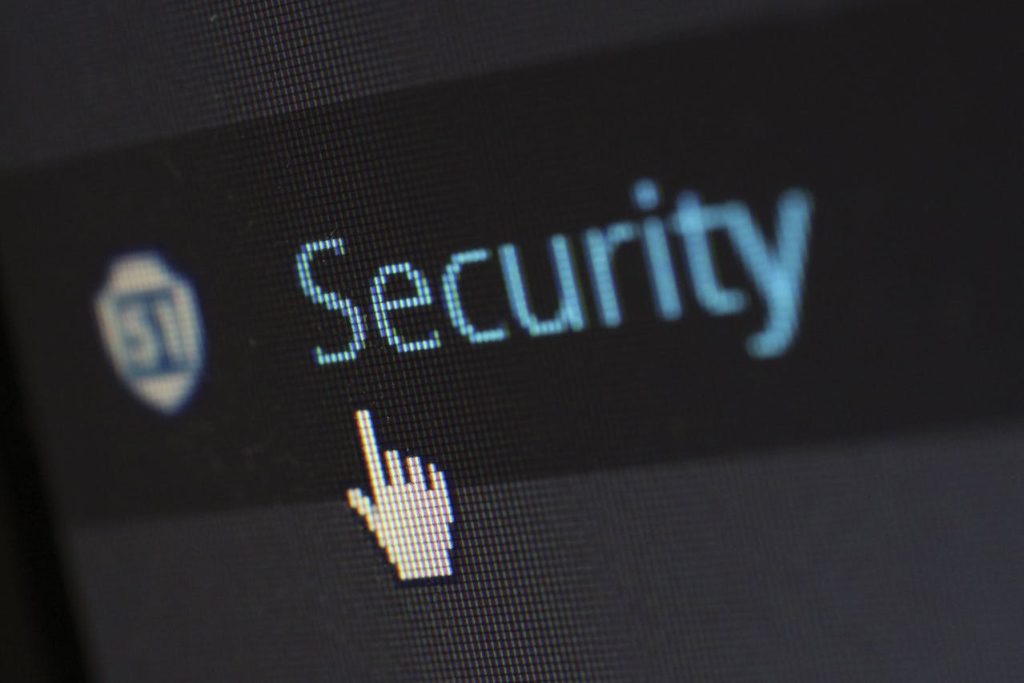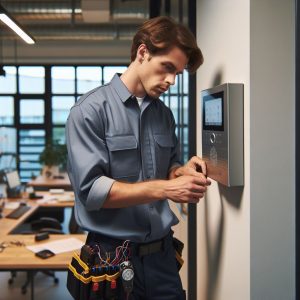When it comes to protecting your home or business, security is an investment that offers both peace of mind and protection. However, determining how much you should pay for security services can be challenging due to the wide range of options, from basic alarm systems to 24/7 monitoring services. Understanding the factors that influence security pricing can help you make an informed choice that balances cost with the level of protection you need.
Here’s a guide to understanding security service pricing, so you can evaluate quotes and select the right provider with confidence.
1. Types of Security Services and Their Costs
The types of services you choose have a major impact on overall cost. Security companies typically offer a range of options, from self-installed systems to comprehensive security packages that include on-site personnel and advanced monitoring.
- Basic Alarm Systems: These usually include entry sensors, motion detectors, and a control panel. They can be self-monitored or connected to a central monitoring station. Prices for equipment range from $200 to $500 for basic systems, with an additional $10 to $30 monthly fee for monitoring if you choose professional monitoring.
- Video Surveillance (CCTV) Systems: Video surveillance systems include cameras, storage devices, and software to view footage. Costs can vary widely based on camera quality and system complexity. A basic setup might cost $500 to $2,000, while advanced, multi-camera systems could go up to $5,000 or more. Monitoring services for these systems usually add another $20 to $50 per month.
- Access Control Systems: Access control includes keycards, biometrics, and digital locks. Simple access control for a small office might start around $1,000 to $3,000, while a complex system for larger buildings can go up to $10,000 or more.
- 24/7 Monitoring and Response: Continuous monitoring by a central station that can alert authorities in case of emergency is often one of the more expensive services, costing $20 to $60 monthly. Companies offering on-site response add a premium, with costs reaching $100 or more per month.
- Security Guards and Patrol Services: If you need on-site security guards, expect to pay $30 to $60 per hour per guard. Patrol services, where security personnel check your premises periodically, usually cost $20 to $50 per visit.
2. Factors That Influence Security Service Pricing
The cost of security services depends on several factors, including the complexity of your security needs, the location, and the provider’s reputation and expertise.
Location and Crime Rates
- Areas with higher crime rates often require enhanced security, which can drive up the cost. In addition, urban locations tend to have higher pricing than rural areas due to increased demand and potential risks.
Size of the Property
- Larger properties typically require more extensive equipment and more security personnel, which increases costs. The number of cameras, sensors, and other devices needed to adequately secure a large property can significantly affect the budget.
Level of Customization
- Custom security solutions tailored to your unique needs will generally be more expensive. Standard, off-the-shelf packages are more affordable, but if you require specialized equipment or integration with existing systems, expect higher costs.
Equipment Quality
- High-end security equipment, such as high-definition cameras, thermal imaging, and biometric access control, costs more but offers enhanced reliability and performance. Investing in high-quality equipment may mean higher upfront costs, but it can save you from future repairs and upgrades.
Contract Length and Terms
- Security companies often offer discounts for longer contracts, which can lower monthly fees. However, shorter-term or month-to-month options typically come with higher prices due to the flexibility they provide.
Monitoring vs. Self-Monitoring
- Self-monitored systems are less expensive since they don’t include professional monitoring, but they require you to handle any alerts or incidents yourself. If you want the reassurance of professional monitoring, be prepared to pay an additional monthly fee.
3. One-Time Costs vs. Recurring Costs
Security expenses generally fall into two categories: one-time installation costs and recurring fees for monitoring or maintenance.
One-Time Installation Costs
- Equipment Costs: Depending on your requirements, equipment costs can range from a few hundred dollars for basic systems to thousands for complex setups. This is typically a one-time fee unless you need to upgrade components down the line.
- Installation Fees: If professional installation is required, expect to pay an additional $100 to $500, depending on the complexity. Some providers offer free installation promotions, but always clarify if there are hidden fees.
Recurring Monthly Fees
- Monitoring Fees: If you choose 24/7 monitoring, you’ll have to pay a monthly fee. Basic monitoring often starts at around $10 per month, but can go up to $60 or more for premium services.
- Maintenance Contracts: Some companies offer maintenance plans to cover repair and servicing of your equipment. These can add $10 to $30 per month but can save on long-term repair costs, especially if you have a lot of equipment.
- Software Subscriptions: If you use video surveillance or smart security systems that store data on the cloud, there may be additional subscription fees for cloud storage, typically ranging from $5 to $20 per month.
4. Tips for Choosing Security Services Within Your Budget
Here are some practical tips to help you choose security services that meet your needs without overspending:
Set Clear Security Priorities
Identify the areas where security is most important to you, whether that’s surveillance, access control, or response time. Focusing on your top priorities can help you avoid paying for services you don’t need.
Compare Quotes from Multiple Providers
Get quotes from at least three security providers. Look for what’s included in each package and weigh the cost against what you consider essential for your property.
Consider Hybrid Systems
If budget is a concern, consider combining self-monitored systems with limited professional monitoring. For example, you might install cameras you monitor yourself but choose professional monitoring for an alarm system.
Ask About Discounts and Promotions
Many companies offer promotions for new customers, such as reduced installation fees or free equipment. You might also qualify for discounts if you bundle services, such as combining alarm monitoring with CCTV surveillance.
Look for Scalable Solutions
Choose a system that can scale with your needs. For instance, if you expect to expand your property or add more security features, ensure your provider can accommodate future upgrades.
5. Determining the Right Value for Your Investment
Ultimately, the right price for security services depends on the level of protection you want and the budget you’re comfortable with. Here are some questions to help you assess if you’re getting good value for your money:
- Does the company have a solid reputation? Look for reviews, testimonials, and certifications that back the provider’s credibility and reliability.
- Are there hidden fees? Make sure you understand any setup fees, cancellation penalties, or additional charges for equipment upgrades.
- Is there flexibility in the contract? Security needs may change, so a flexible contract can allow you to adjust services as needed.
- Are there add-ons worth investing in? Sometimes, paying a bit extra for video storage, enhanced monitoring, or system maintenance can save you money and hassle down the road.
Conclusion
Security services are a valuable investment in your safety and peace of mind. By understanding the different types of services, the factors that affect pricing, and ways to balance cost with security needs, you can make a well-informed choice. Whether you’re looking for basic monitoring or full-scale security coverage, setting a clear budget and knowing what to look for in a security provider can help ensure you’re getting the protection you need at a price that works for you.





